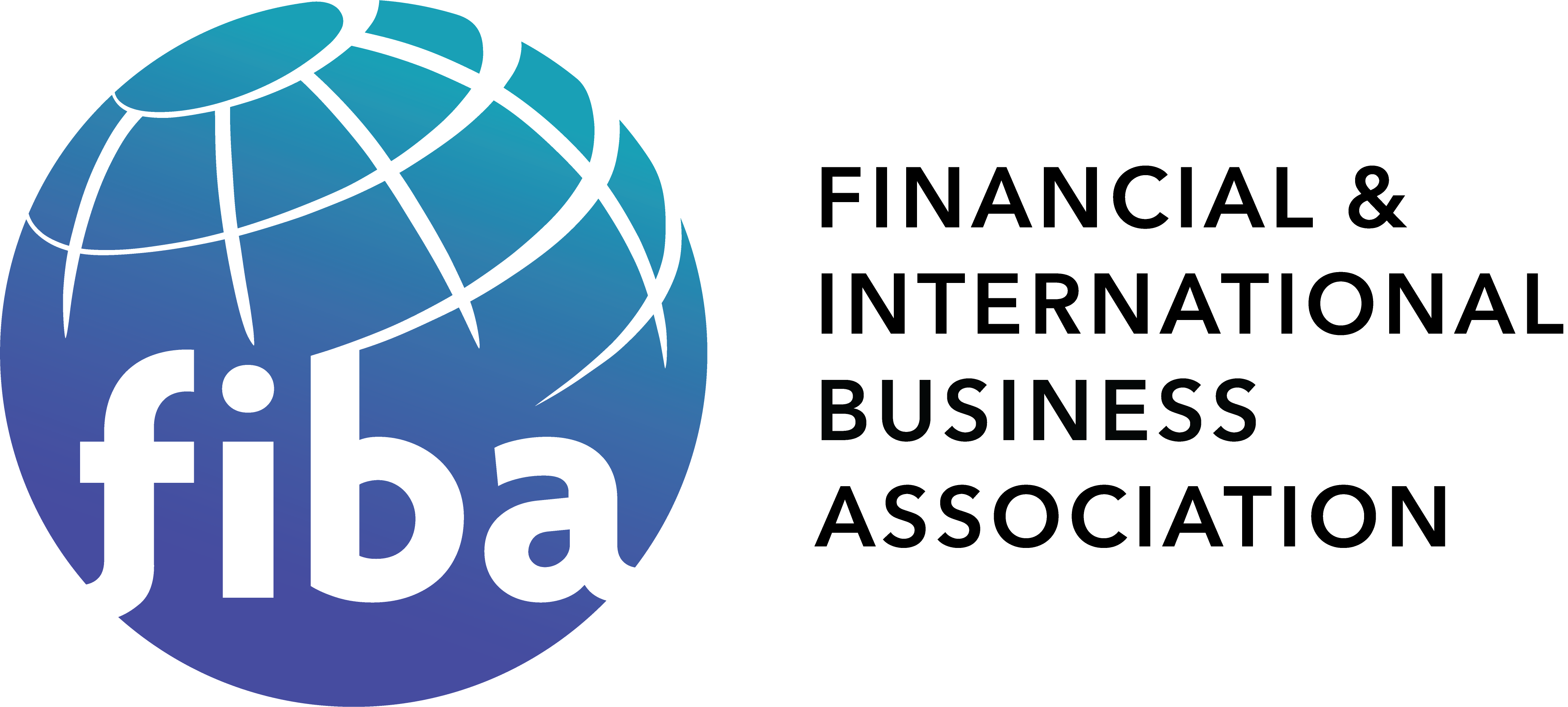In the US alone a child goes missing every 90 seconds. The National Center for Missing & Exploited Children (NCMEC) has received reports from all 50 U.S. states, Washington, D.C., and Puerto Rico, and every type of community: suburban, rural, urban, and tribal lands.
Since 2010, the US President has dedicated the month of January to raising awareness about human trafficking and educating the public about how to identify and prevent this crime, whose victims are referred to as “hidden in plain sight.”
According to Rani Hong, CEO of the Freedom Seal Project and former child slave,
“human trafficking can happen to anyone. The next victim could be your daughter, your kids, and a bank is holding the perpetrators’ money.”
According to the US Department of State, this “widespread and highly profitable crime generates an estimated $150 billion worldwide per year, with a significant portion of those profits passing through legitimate financial services businesses.”
They recommend following the financial trail human traffickers leave behind. “With proper training and guidance, financial institutions and designated non-financial businesses are able to identify illicit finance related to human trafficking and report potential cases,” they note in a fact sheet from summer 2021.
Hong, who has been special adviser to the United Nations, specializing in human rights, and runs the Tronie Foundation, which she and her husband established in 2006 to educate the public about trafficking and to support survivors in 20 countries through mentorship and healing programs, has partnered with the Financial & International Business Association (FIBA) to help banks identify, and understand forced human trafficking and money laundering.
During FIBA´s hybrid 2022 AML Compliance Conference in late February, she will share her story, at a live keynote speech, and then “train participants on financial banking techniques and know your client practices could help them identify wrongdoing, as well as teach them how to respond if they spot this situation.”
*Human trafficking is considered a modern form of slavery. It is defined as the exploitation of another person for labor, domestic servitude, or commercial sexual activity by force, fraud, or coercion. Traffickers use violence, manipulation, or false promises to lure their victims into trafficking situations, where they will most likely suffer from physical and/or psychological abuse.
